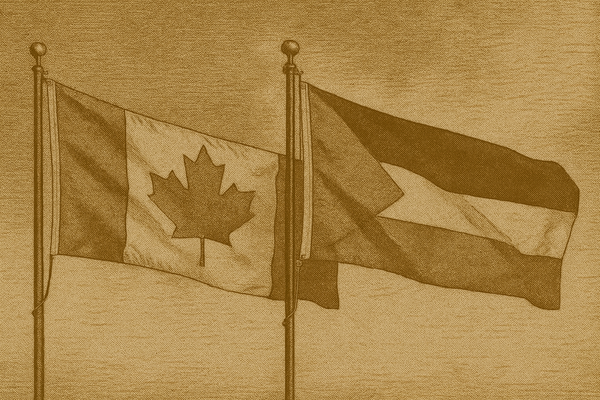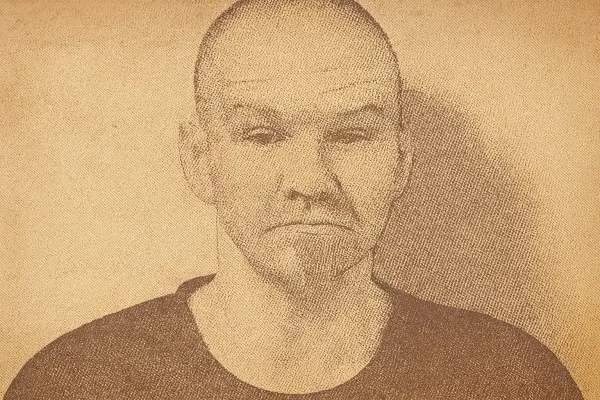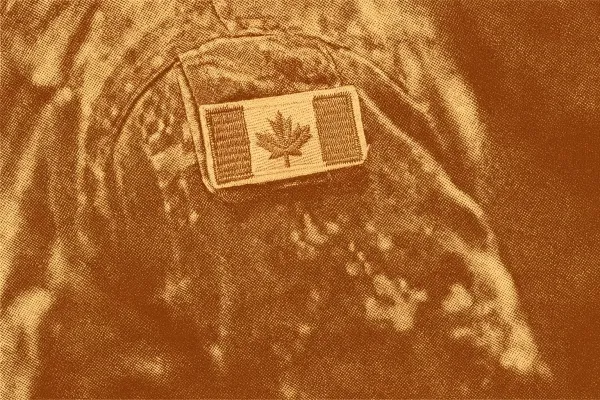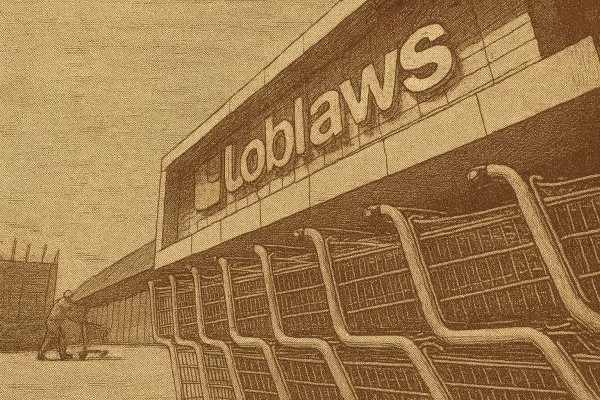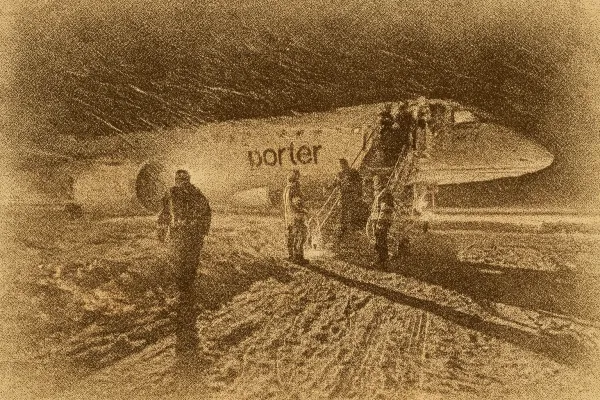Based on coverage from CBC, CTV, and the Government of Canada.
Canada's decision to formally recognize the State of Palestine has sparked a whirlwind of reactions, ranging from applause to outright disapproval. Prime Minister Mark Carney announced this landmark decision just before the United Nations General Assembly, aligning Canada with the United Kingdom and Australia in acknowledging Palestinian statehood. The move is a significant shift in Canada's longstanding policy of supporting a two-state solution, where a sovereign Palestinian state exists peacefully alongside Israel.
For years, Canada has championed the idea of a negotiated settlement between Israel and the Palestinian Authority. However, Carney cited several reasons for the change in approach, including the persistent threat of Hamas terrorism, Israel's legislative moves towards annexing the West Bank, and the humanitarian crisis in Gaza. These factors, he argued, have made the traditional path to peace untenable.
The announcement has drawn mixed reactions. Jewish advocacy group B’nai Brith Canada criticized the decision, accusing Ottawa of succumbing to international pressure and basing its recognition on what they see as unreliable promises from the Palestinian Authority. Richard Robertson, the group's director of research and advocacy, expressed skepticism about the PA's ability to govern effectively.
On the other side of the debate, Canadians for Justice and Peace in the Middle East hailed the recognition as a "real policy victory," emphasizing the importance of supporting Palestinian self-determination without imposing unfair conditions. The National Council of Canadian Muslims also celebrated the decision as historic, though they stressed that further action is needed to address ongoing issues in the region.
The federal Conservatives, however, were quick to criticize Carney's move, suggesting it could lead to the establishment of a Hamas-controlled state, which they argue would undermine Israel's security. Michael Levitt, president of the Friends of Simon Wiesenthal Center, warned that the decision might embolden extremists and exacerbate tensions within Canada.
The backdrop to this diplomatic shift is a complex and volatile situation on the ground. In the West Bank, Israeli settlement expansion continues unabated, with plans to extend the Ma'ale Adumim settlement into the contentious E1 area. This expansion threatens to sever East Jerusalem from the West Bank, further complicating the prospect of a contiguous Palestinian state. Palestinian lawyer Hiba Husseini sees these developments as a direct challenge to international recognition of Palestine, underscoring Israel's control over the land.
For Palestinians like Anas Samir, a grocer in the town of Al-Eizariya, the recognition feels like a distant echo of hope amidst a harsh reality. His shop faces demolition as part of Israel's settlement expansion, a personal blow in a long history of displacement and uncertainty. Despite the symbolic victory of international recognition, Samir remains skeptical about its impact on the ground.
The situation is further complicated by the ongoing humanitarian crisis in Gaza, where tens of thousands have died, and many more face starvation. Former justice minister Irwin Cotler has called for an end to the conflict and the humanitarian suffering it has caused.
While Canada's recognition of Palestine is a bold step, it is far from a panacea. The path to peace remains fraught with obstacles, and the international community's role in fostering a viable two-state solution is more critical than ever. As Husseini points out, both Israelis and Palestinians are here to stay, and finding a way to coexist peacefully is imperative. The recognition of Palestine is a statement of intent, but the real work of building peace lies ahead.


